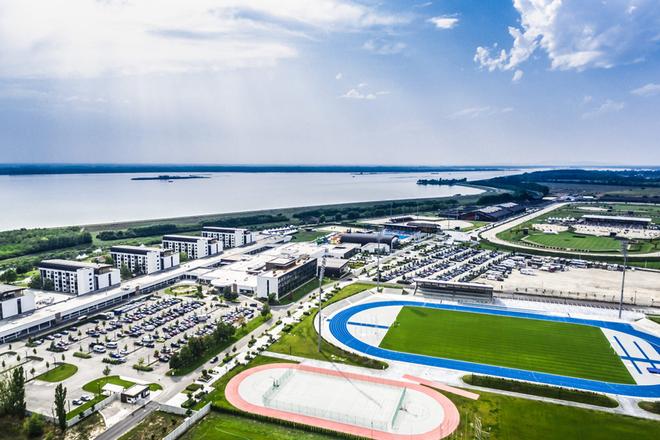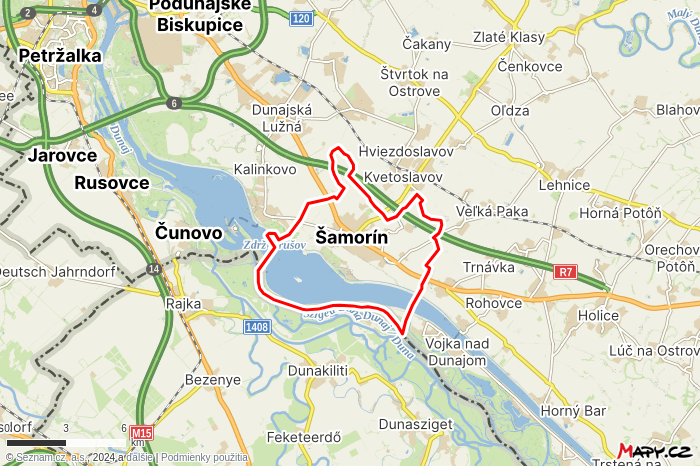The government, led by Prime Minister Robert Fico’s Smer party, has approved €20 million in funding for a new multi-purpose sports arena in Šamorín, a venue that could accommodate up to 5,000 spectators for sports including basketball, volleyball, and handball.
As a potential boost to Slovakia’s sporting reputation, the facility could be proposed as a venue for the Olympic Games, if neighbouring Hungary decides to submit a bid to host the Olympics in the future, writes Denník N.
However, the arena, a project proudly endorsed by far-right Slovak National Party (SNS) leader Andrej Danko, whose party oversees the new ministry responsible for sports and tourism, has sparked considerable controversy. The government’s investment decision comes amid a period of fiscal tightening, with taxes being raised substantially. More troubling still is the selection of partners without a competitive bidding process—partners closely associated with financial heavyweights Mario Hoffmann and Patrik Tkáč, who own the adjacent X-Bionic Sphere sports complex.
Questions also remain over whether Slovakia needs another large sports venue.
The X-Bionic Sphere, a high-profile facility in Šamorín built with a €300 million investment, has struggled financially. Over the past five years, it has posted annual losses of between €11 million and €15 million, accumulating a total deficit of €65 million. Hoffmann and his new partner, Juraj Krivjanský—an affiliate of Tkáč’s J&T financial group—took a majority stake in the complex as financial pressures mounted, partly due to the economic impact of the Covid-19 pandemic.
The financial arrangement for the new Šamorín arena raises further questions.
Of the project’s total €31 million, the state’s €20 million will go to Olympic Arena, a company under the Slovak Olympic and Sports Committee, led by prominent businessman Anton Siekel. The remaining €11 million will be covered by X-Bionic’s owners, who are contributing land, infrastructure, and a construction permit instead of cash. This partnership model is concerning, especially given Slovakia’s troubled history with public-private sports ventures, the daily notes. One high-profile example is the National Football Stadium project in Bratislava, where similar issues of transparency and cost overruns led to legal disputes. The previous government cancelled an agreement with developer Ivan Kmotrík, who subsequently sued the state, with potential damages amounting to €120 million.


 The X-Bionic Sphere complex in Šamorín. (source: X-Bionic Sphere)
The X-Bionic Sphere complex in Šamorín. (source: X-Bionic Sphere)
